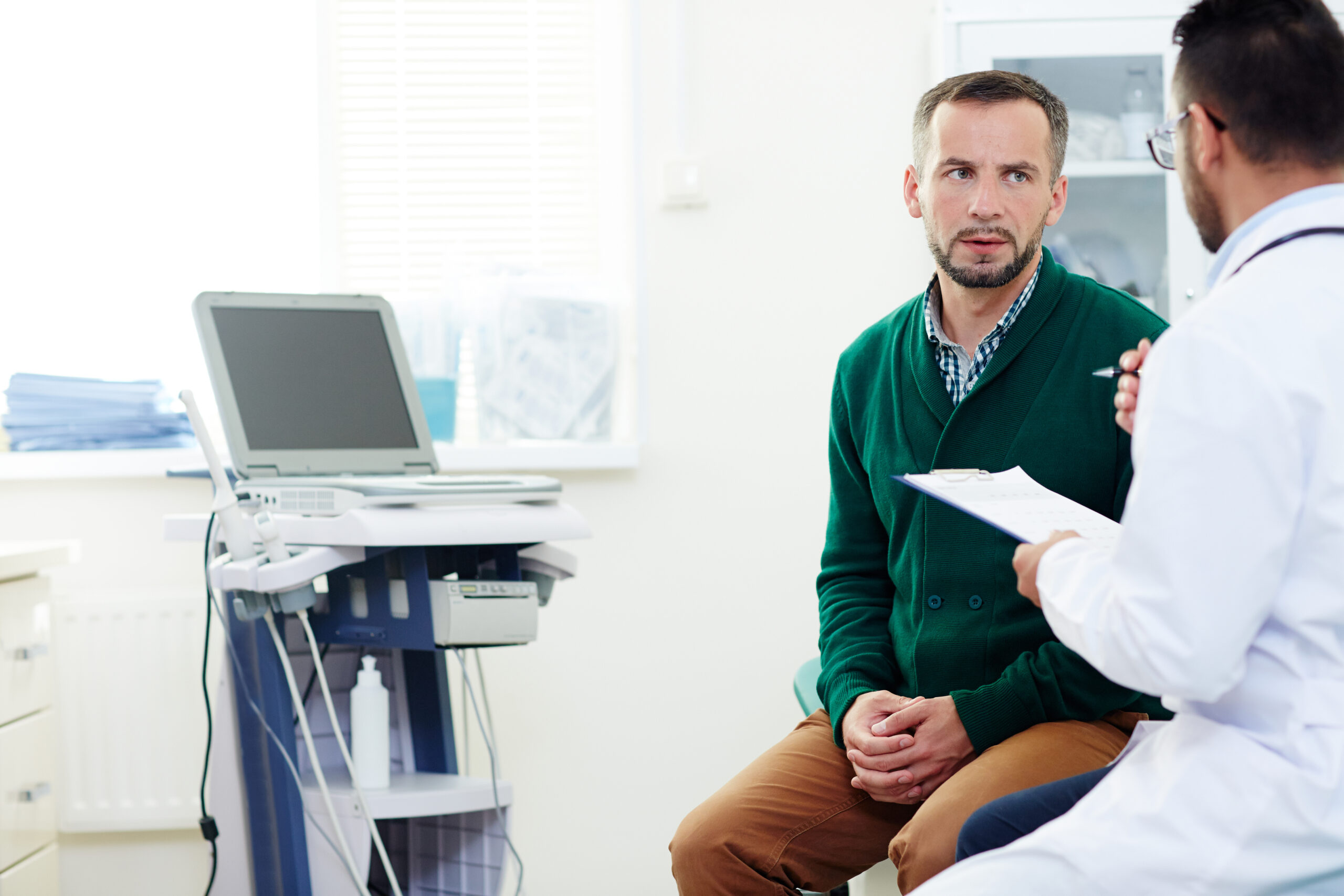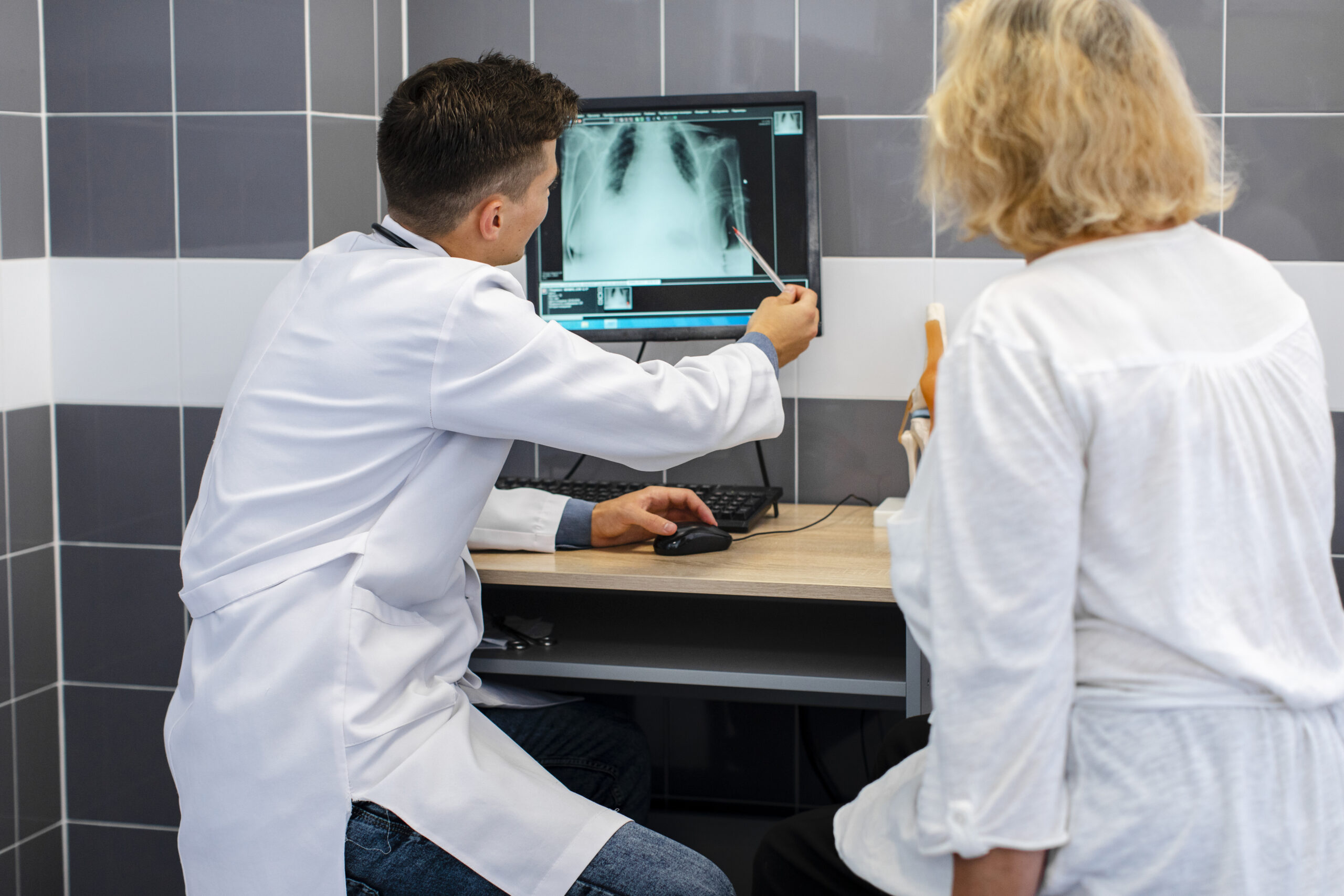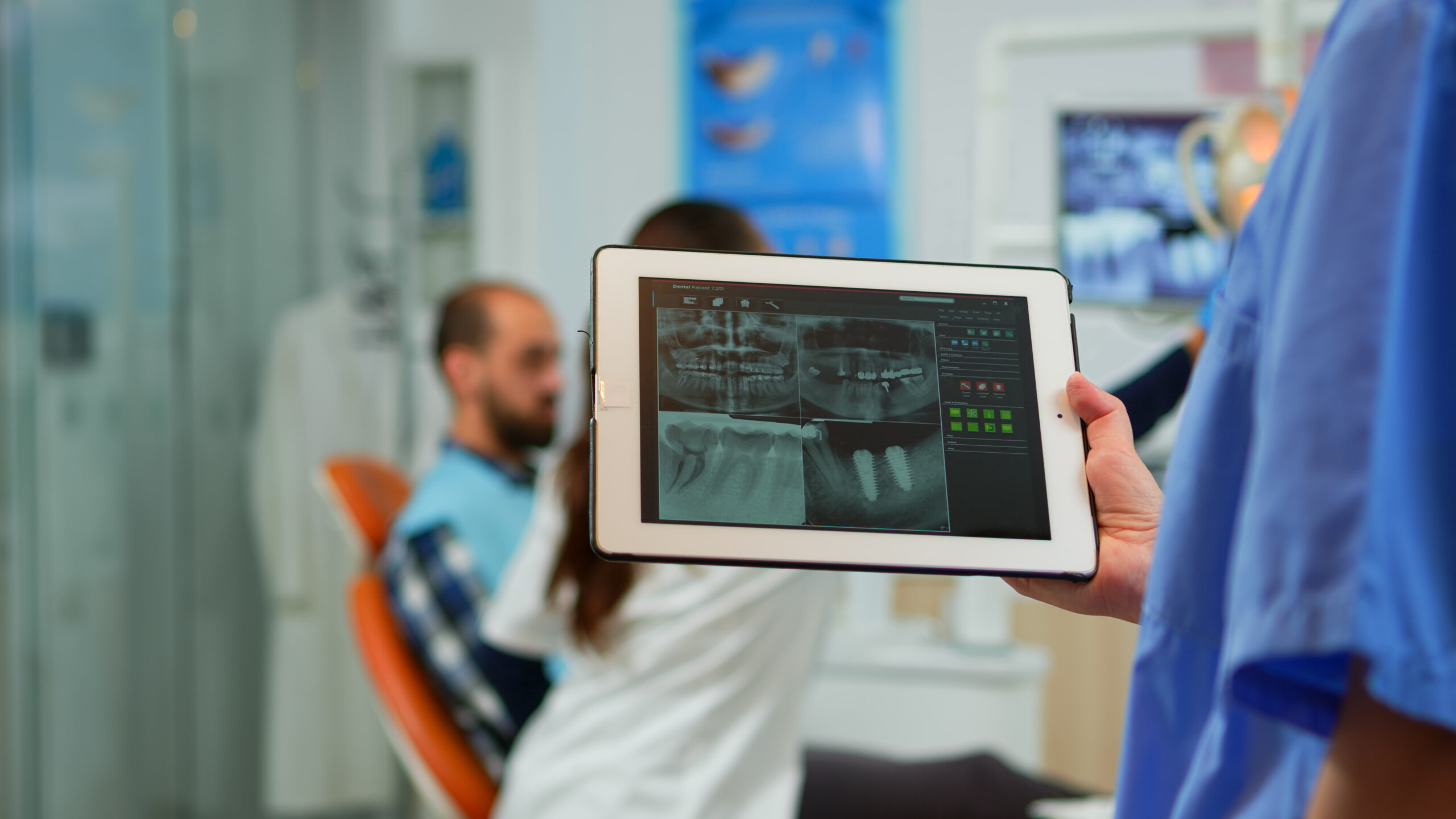
Why Does Constipation Occur After a Colonoscopy?
June 5, 2025
Colonoscopy Prep Pills vs Liquid: Which Is Better for You?
June 18, 2025What Is the Difference Between Endoscopy and Colonoscopy?

Upon diagnosing gastrointestinal disorders, endoscopy and colonoscopy are among the most commonly used procedures. While the two methods allow for visualization in the digestive system, they differ in scope, purpose, preparation, and recovery. Awareness of the differences between endoscopy vs colonoscopy can relieve patients of anxiety and have them feel more confident during receiving diagnostic examinations. At Vanguard Gastroenterology, we conduct both procedures with accurate diagnosis and patient-centered care.
What is an Endoscopy?
Endoscopy is a test during which physicians can see the upper GI tract, i.e., the esophagus, stomach, and the duodenum or beginning of the small intestine. It is usually recommended in patients having:
- Chronic acid reflux or GERD
- Trouble swallowing (dysphagia)
- Persistent upper stomach pain
- Inexplicable vomiting or nausea
- Bleeding in the upper GI tract
With an upper endoscopy (also called esophagogastroduodenoscopy or EGD), a flexible, thin tube with a camera (endoscope) is inserted through the mouth and directed down the esophagus. The camera sends live pictures to a monitor, allowing the gastroenterologist to see inflammation, ulcers, tumors, or other abnormalities. Biopsies may also be obtained during the procedure.
Endoscopy Procedure: What to Expect
- Preparation: Fasting for 6–8 hours before the procedure is usually recommended for patients.
- Sedation: Sedation or light anesthesia is usually employed to make the patient comfortable.
- Duration: The procedure lasts for approximately 15–30 minutes.
- Recovery: Bloating and a sore throat that resolves within a few hours after the procedure may occur.
Endoscopy is minimally invasive yet very effective in diagnosing upper GI disorders, facilitating early intervention and treatment planning.

What is a Colonoscopy?
A colonoscopy is used to investigate the entire colon and rectum, and therefore it is an important tool in colorectal cancer screening, as well as diagnosing other lower GI diseases. Indications for colonoscopy are:
- Rectal bleeding
- Chronic constipation or diarrhea
- Weight loss unexplained
- Bowel habit change
- Family history of colorectal cancer
- Positive fecal occult blood test
A flexible tube with a camera, known as a colonoscope, is passed through the rectum and up into the colon during a colonoscopy. The tip of the scope has a camera that delivers close-up views, which allow the detection and removal of polyps, biopsies, and evaluation of inflammation.
Colonoscopy Procedure: What to Expect

- Preparation: Total bowel prep is required. Patients are on clear liquids and receive laxatives as instructed the day before.
- Sedation: Deep to moderate sedation to prevent discomfort.
- Duration: 30–60 minutes to perform.
- Recovery: Return to normal activity can be done a few hours following the procedure, although bloating and cramping are a possibility.
Colonoscopy screening is recommended at age 45 or above in average-risk adults. Individuals with high risk or family history might require earlier and more frequent screenings.
Which Procedure is Right for You?
The choice between endoscopy and colonoscopy depends on the symptoms, history, and the doctor's clinical judgment. In a few cases, both the procedures may be undertaken simultaneously in order to have the full picture of the digestive tract. At Vanguard Gastroenterology in New York City, our experienced professionals evaluate each patient carefully in order to determine the best diagnostic technique.
Our state-of-the-art facilities and board-certified gastroenterologists ensure that your experience is safe, comfortable, and effective. From an upper GI endoscopy to a colonoscopy, we're here to guide you through it and bring compassion to every step of the process.
Frequently Asked Questions
Conclusion
It is important to understand the difference between endoscopy and colonoscopy to make the right healthcare decisions. Although each is intended for a specific purpose, the two are precious diagnostic tools in detecting and managing gastrointestinal conditions early. Having the correct procedure is vital to proper diagnosis, and at Vanguard Gastroenterology, we strive to provide the best quality of care with precision and compassion. Whether you are having bothersome GI symptoms or are in need of a routine screening, rely on our skilled staff to walk you through the process with professionalism and compassion.



